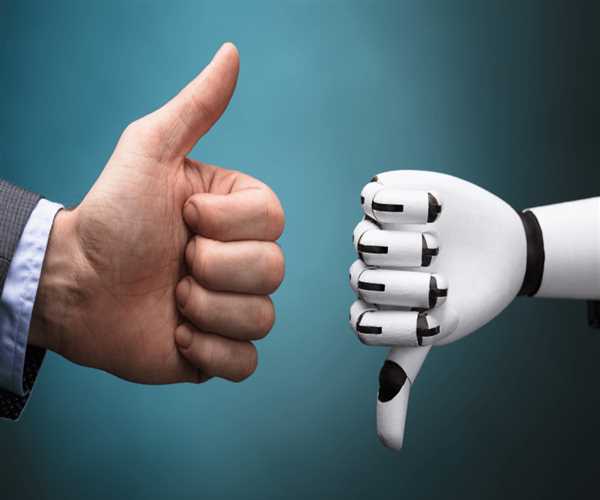AI has been an accelerating force with the power to revolutionize different kinds of facets of human existence. On the other hand, this advanced AI technology tends to be a source of worry also, as the technology experiences advancements that push boundaries to the limit, thus finding no stopping point in terms of its implications. In this blog, we will go into the depth of the nature of artificial intelligence, looking at its competencies, limitations, and possible threats to humanity.
Artificial Intelligence Impacts
For industries like healthcare, finance, transportation, and many others, AI has a huge power to revolutionize the way those industries work at the moment. Machine learning algorithms can analyze large amounts of data, identify patterns, and make autonomous decisions. This may lead to optimization, efficiency, and innovative approaches across many areas of the economy. From self-driving cars to personalized medicine, the field of AI is wide and deep, it encompasses a broad spectrum of use cases and offers answers to the most complex problems we face today.
The Dual Qualities of Artificial Intelligence
AI provides many advantages, its nature is dualistic, which provides both answers and problems. AI has enormous benefits but it also generates suspicions of risks like unemployment, ethics issues, unintended behaviors, and malfunctioning. Nowadays, the need for a proper knowledge of artificial intelligence's essence is highly relevant as the systems grow more independent and complex. This is the very reason because this comes a day when a computer can make its own decisions, and at the ramifications it brings it can see that the technology it can bring.
Unveiling the Risks
With the progress of AI, there are a lot of issues of computerization and its negative effects on human activities. A big problem is the replacement of work by automation since AI systems handle all the tasks people used to be responsible for. This will have a serious impact on the employment market and the whole economy, most especially those industries that depend largely on manual work.
Furthermore, there are moral issues with AI, and they cover matters that involve bias, privacy, and accountability. Bias in AI systems, which learn from biased datasets, can also magnify the existing inequalities and discrimination, hence, miring the concept of fairness and justice in algorithmic decision-making.
The Threat of Superintelligence
It is in human thinking to be concerned with the AI concept of superintelligence that is AI systems are more intelligent and smarter than human intelligence and capability. However, we are still a long way from possessing true super intelligence and this prospective future is very thoughtful and possibly deadly. The outcome could be quite unpredictable when a super-intelligent AI may surpass humans in almost every field. We even can be troubled in existence as a species. The questions of autonomy and existential risks are among the many ethical, philosophical, and existential dilemmas that must be addressed with great care, as AI superintelligence emerges.
Mitigating the Risks
During AI development, we ought to leave no stone unturned and begin to proactively mitigate the risks that come along with this technology. This entails the development of highly effective regulations and ethical rules to be adhered to while AI systems are being developed and deployed. Furthermore, encouraging transparency, accountability, and public participation in AI discussions can lessen the concerns and build trust in its positive uses. Besides that, the investment in research and education about AI ethics and safety becomes indispensable to enable decision-makers to make well-informed decisions and handle the challenges of this transformative technology.
The Potential for Destruction
Besides the dilemma of safety and ethics, AI can be programmed and used dishonestly or maliciously for detrimental purposes. Advanced AI algorithms, which become more autonomous and sophisticated in their functionality, can be abused by malicious actors for cyberattacks, information manipulation, or building autonomous weapons with disastrous outcomes. The fact that the pace of the development of AI technology is extremely fast and we are unable to regulate and mitigate the risks associated with this technology that may pose a danger to international security and stability is alarming.
Conclusion: How to Choose the Path that's not a threat
In short, the essence of AI is a double-edged sharp with the same magnitude of gains as risks to humanity. With the advent of AI, the contribution of human intelligence to decision-making and understanding increases as well. It is necessary to consider the development and implementation of AI with intelligence and caution. Through the recognition of the dualistic form of AI by dealing with the dangers it poses, and by promoting ethical considerations, we can acquire the technology power for the benefit of society while minimizing its destructive capabilities. Only a rightful choice made methodically and enthusiastically action taken will guarantee that AI will continue to affect people’s lives for the good.




Leave Comment